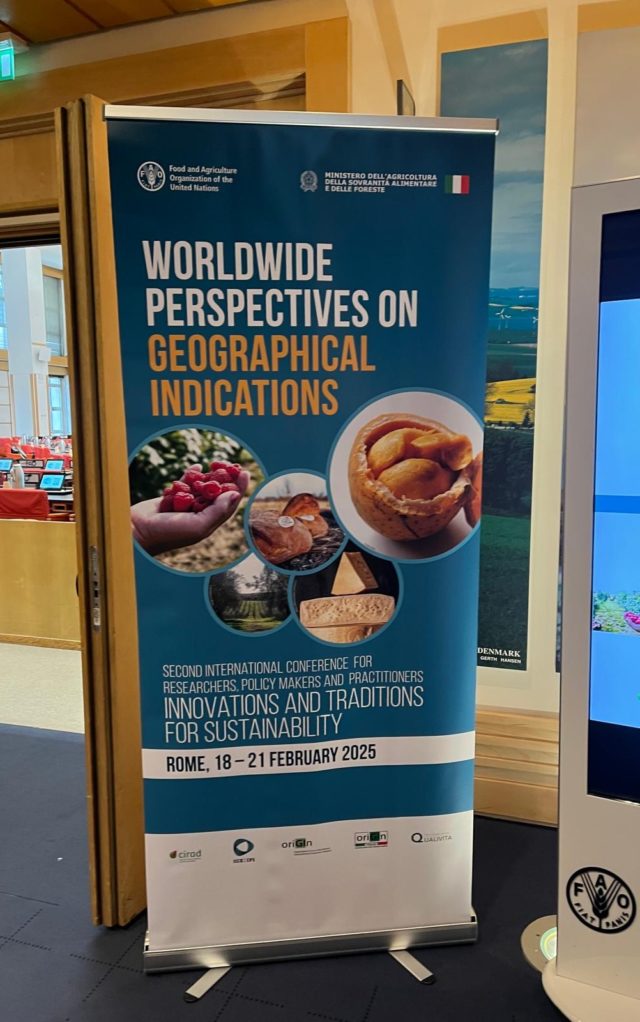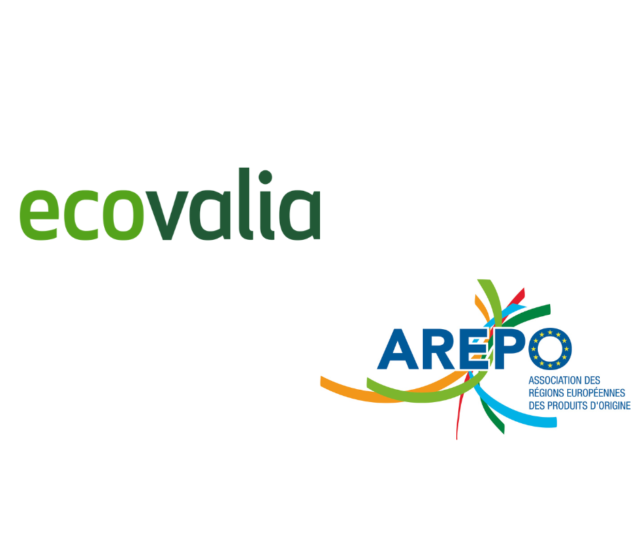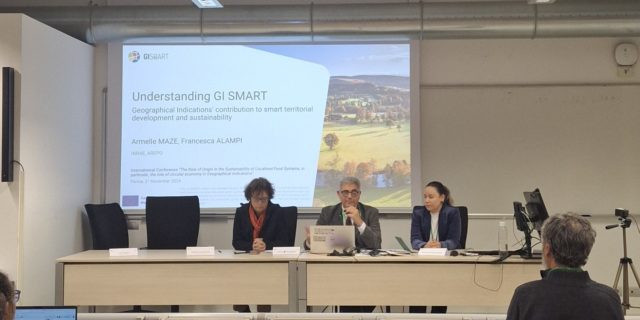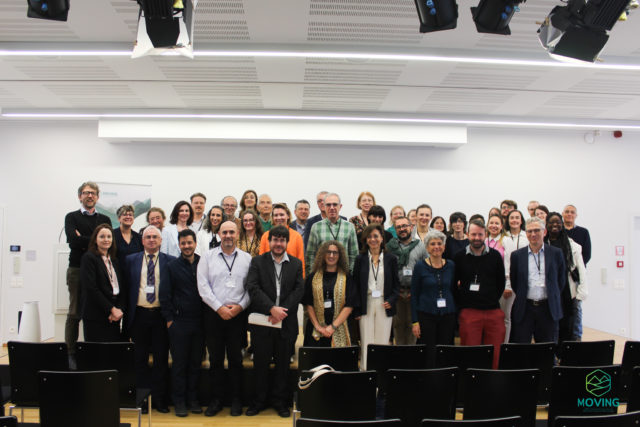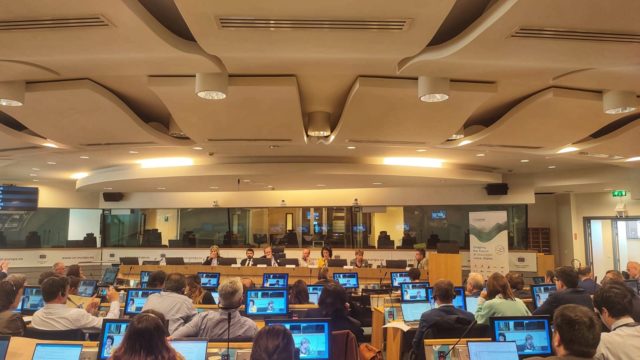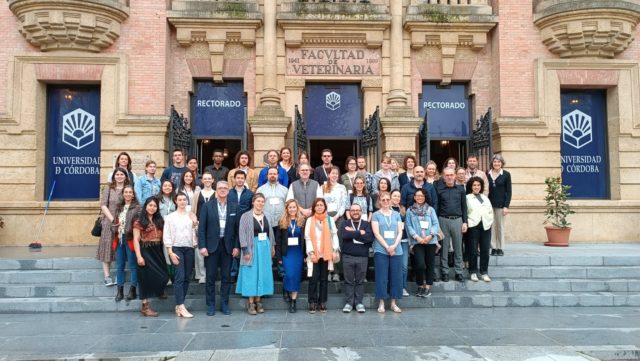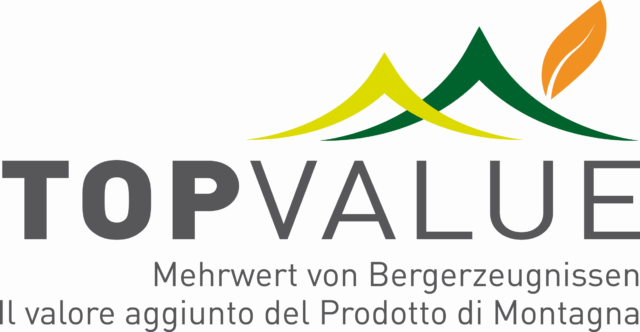In the framework of the revision of the EU Quality Policy, the European Commission published a factual summary of the contributions made by stakeholders in the open public consultation conducted from 15 January 2021 to 9 April 2021.
A total of 302 replies from 31 countries, out of which 20 EU Member States and 11 non-EU countries, fed into the discussion concerning the challenges the scheme is facing today as well as the objectives, the policy approach and the impact of the review.
Among the challenges to be addressed by the revision of EU Quality schemes, respondents stressed the importance of preventing fraud and counterfeiting, notably on the internet, along with the necessity to increase consumer awareness of the GI logos. They also rated as “most important” giving GI producer groups greater powers and responsibilities, as well as increasing sustainability of GI products.
The challenges identified reflected in the objectives to pursue in order to strengthen EU GIs system: to improve the protection and enforcement of GIs in the Member States; to establish efficient procedures through clear and coherent rules for producers; to enable consumers to make informed choices through clear information, i.e. logo and labelling information.
The participants in the public consultation were also asked to express their preference on several policy options in order to meet those objectives.
Sustainability of EU Geographical Indications
As concerns sustainability, more than half of the answers received are in favour of providing specific financial support to GI producers who meet a high standard of sustainable production. In addition, 77% of the respondents agree that GI producers should not be required to follow higher sustainability standards than any other producer, because GIs intrinsically include natural features, human skills and tradition in the region.
Considering the possibility to raise the ambition of this policy with regard to economic, social and environmental sustainable practices, the replies point towards a positive or very positive impact, notably on the preservation of biodiversity, habitats, landscapes, local plant varieties and breeds (86%), environmentally friendly production patterns (82%) and on strengthening the economic, social and territorial cohesion of rural areas (77%). Sustainability is also deemed to have a positive effect on increasing consumer awareness of the schemes (74%).
On the other hand, the greater part of the stakeholders stresses the negative impact that additional sustainability measures may have on the costs for GI producers (48%) and on the burden for the public administration (29%).
Review of TSG scheme
Due to the difficulties of the system of Traditional Specialty Guaranteed (TSG) in taking off and gain recognition by producers and consumers, one section of the online questionnaire was dedicated to taking stock of possible options for revising the TSG scheme. The majority of respondents (59%) opposed to the idea that no TSG scheme is needed at EU-level, agreeing that names of traditional agricultural products should be strictly protected.


